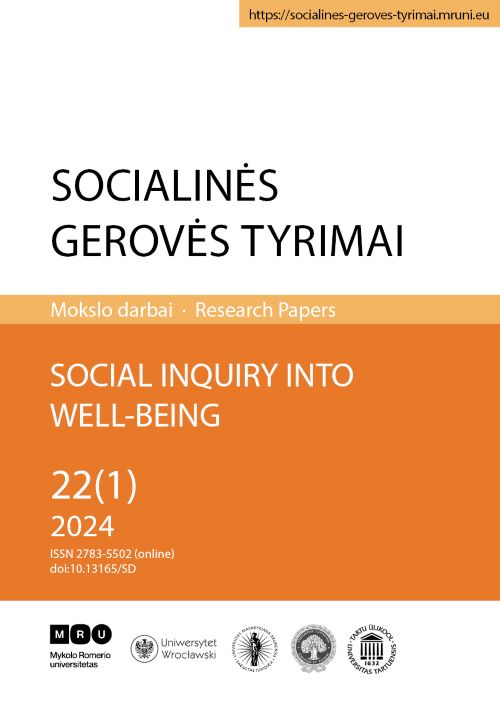MASCULINITY/FEMININITY AS A GENDER CHARACTERISTIC IN THE PREDICTION OF VARIOUS PERSONALITY DEPENDENCES
##plugins.themes.bootstrap3.article.main##
Abstract
This article examines the results of research on the relationship between the tendency towards various addictions and masculinity/femininity as gender characteristics of the individual. The sample includes 49 respondents aged 17–20, including 24 females and 25 males. The strength and content of the propensity for various addictions was measured using the methodology developed by Lozovaja (2007). Masculinity/femininity, as a gender characteristic of an individual, was diagnosed according to the masculinity-femininity test (Bem, 2004). Special attention was paid to the specificity of Internet addiction, which was additionally measured using the method for screening diagnostics of computer addiction (Yuryeva & Bolbot, 2006) and the Internet addiction test (Young & De Abreu, 2010). The results of the correlation analysis show that for the specified sample, the degree of expressiveness of the androgyny, masculinity and femininity of the individual is related to the strength and content of the tendency towards both specific and general addictions. It is proven that respondents’ general tendency towards a number of addictions (alcohol, tobacco, narcotics, love) shows a significant negative correlation with femininity. At the same time, sexual, food, religious, medicinal and healthy lifestyle addictions show significant positive correlations with femininity. Addiction to a healthy lifestyle is positively correlated with, while sexual addiction is negatively correlated with masculinity. The study proves that among the sample participants, the general tendency towards addictions has a significant correlation with the tendency towards computer addiction.
##plugins.themes.bootstrap3.article.details##
Mykolas Romeris University retains copyright ownership and publishing rights. Authors contributing to Social Inquiry into Well-Being agree to publish their articles under a Creative Commons Attribution 4.0 International Public (CC BY) License.![]()







